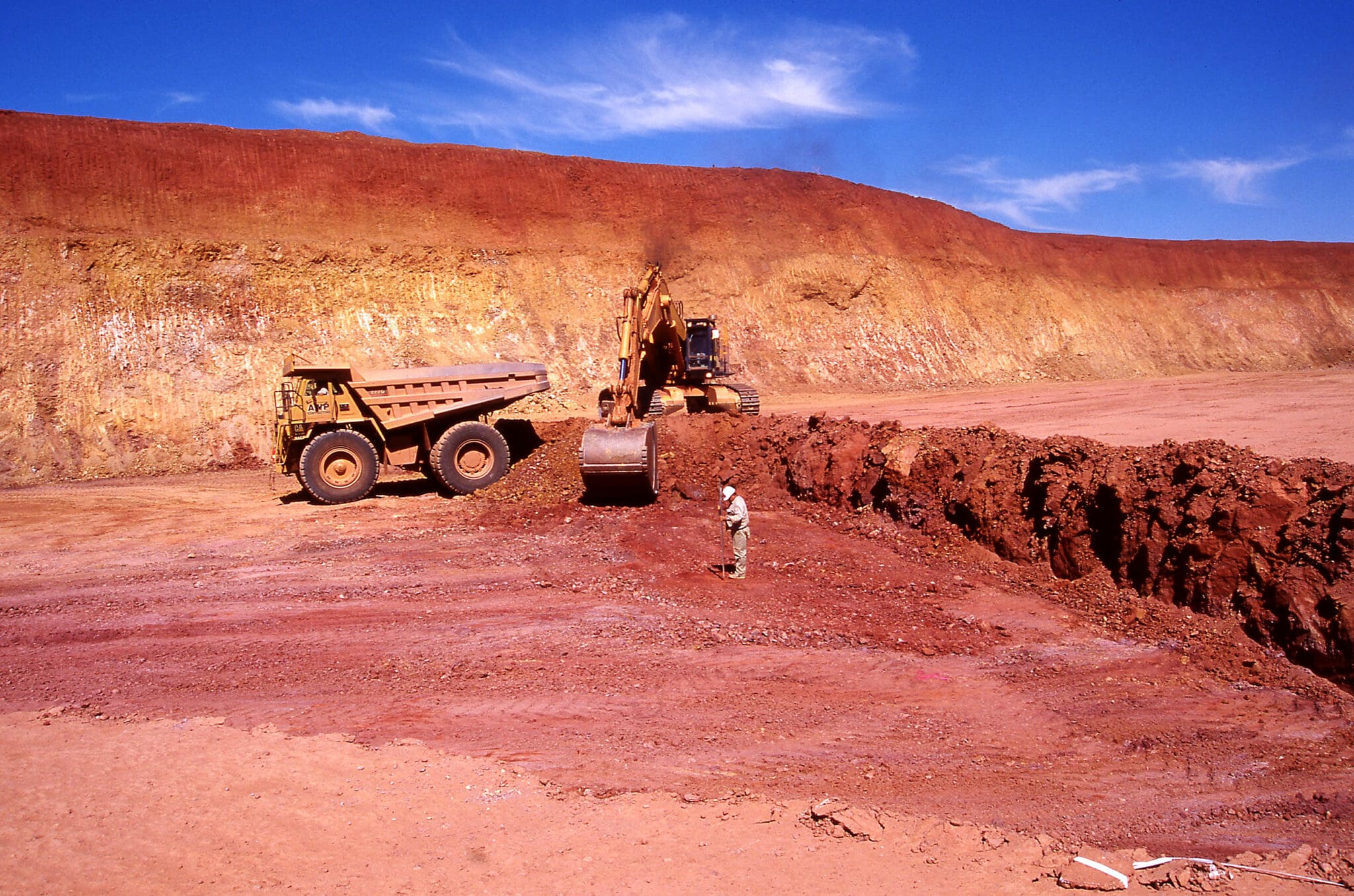The mining industry in Latin America has long been a vital economic engine for the region, providing employment, tax revenue, and key natural resources for development. However, its growth has also posed significant challenges in terms of environmental, social, and economic impact. In this context, the notion of sustainable mining has emerged as a crucial theme that seeks to balance present needs with future considerations.
Latin America is a region rich in mineral resources, ranging from copper in Chile, gold in Peru and Mexico, to lithium in Argentina. Mining represents a significant part of the economies of many Latin American countries and is a major driver of growth and development.
However, the growth of the mining industry has historically been associated with negative impacts on the environment and local communities. Deforestation, water and air pollution, as well as biodiversity loss, are some common environmental issues associated with mining. Additionally, mining can also have negative social impacts, such as the displacement of indigenous communities, conflicts over land use, and the lack of equitable benefits for local populations.
In response to these challenges, there has been a growing movement towards sustainable mining in Latin America. This movement seeks to integrate environmental, social, and economic considerations at all stages of mining activity, from exploration and extraction to mine closure and environmental restoration.
Initiatives and Practices of Sustainable Mining
Several Latin American countries have implemented policies and regulations to promote more sustainable mining practices. For example, Chile has introduced stricter environmental standards and has promoted the participation of local communities in the decision-making process. In Peru, the government has established a legal framework for prior consultation with indigenous communities impacted by such projects. In Mexico, both civil and legislative actions have promoted various mechanisms for the designation of protected natural areas, where private initiatives must carry out certain controls to demonstrate compliance with the environmental impact generated by their exploitation projects.
Furthermore, many mining companies in the region are adopting more sustainable practices, such as implementing cleaner technologies, reducing waste, embracing circular economy principles, and investing in corporate social responsibility programs.
Pending Challenges and Future Opportunities
The growing investment interest in this sector has brought about a technological revolution in responsible mining, with a significant increase in the creation of patents related to different aspects of the industry.
There are still many challenges to overcome. The effective implementation of policies and regulations, ensuring the participation of local communities, as well as improving transparency and accountability, are critical aspects that must be addressed.
However, this landscape also offers significant opportunities, such as the adoption of more sustainable production practices, which can enhance the reputation of this industry. It can also mitigate financial risks, allowing for a transparent, reliable, and certified supply chain. Additionally, it can promote economic development in local communities by distributing wealth and contributing to well-being in the involved territories.
The panorama of sustainable mining in Latin America is complex and multifaceted. While the challenge appears intricate, there is a growing interest in more responsible and sustainable practices. Achilles plays a key role in all of this, as it is at the core of governmental collaboration, mining companies, local communities, and civil society organizations. This joint effort is essential to progress toward a future where mining in Latin America can contribute to sustainable and equitable development.
